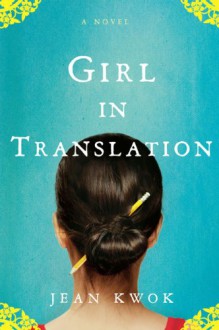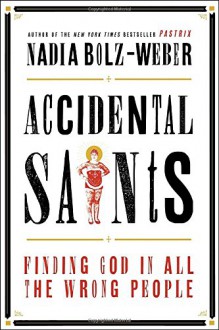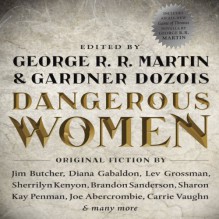
When Kimberly Chang and her mother emigrate from Hong Kong to Brooklyn squalor, she quickly begins a secret double life: exceptional schoolgirl during the day, Chinatown sweatshop worker in the evenings. Disguising the more difficult truths of her life-like the staggering degree of her poverty, the weight of her family's future resting on her shoulders, or her secret love for a factory boy who shares none of her talent or ambition-Kimberly learns to constantly translate not just her language but herself back and forth between the worlds she straddles. Through Kimberly's story, author Jean Kwok, who also emigrated from Hong Kong as a young girl, brings to the page the lives of countless immigrants who are caught between the pressure to succeed in America, their duty to their family, and their own personal desires, exposing a world that we rarely hear about. Written in an indelible voice that dramatizes the tensions of an immigrant girl growing up between two cultures, surrounded by a language and world only half understood, Girl in Translation is an unforgettable and classic American immigrant novel—a moving tale of hardship and triumph, heartbreak and love, and all that gets lost in translation.
Amazon.com
Ah-Kim "Kimberly" Chang emigrated from China with her mother when she was eleven years old. A successful music teacher in Hong Kong, Kimberly's mother struggled to raise her daughter on a single income after her losing her husband to a stroke. She gets an offer from her older sister to come to America where she's assured there will be plenty of opportunity for her. Kim and her "Ma" arrive in the United States unable to speak English and with virtually no money to start out on. Upon first meeting up with her sister Paula and brother-in-law Bob, "Ma" and daughter Kim are amazed at the sensation of carpet and hot water available on command. Much to their disappointment though, the nice apartment Aunt Paula and Uncle Bob claimed to have available for them turns out to be a major dump of a place, a rundown apartment full of bugs, in a Brooklyn ghetto. But with pretty much no other options to consider, Ma agrees to move in, taking a job in a Chinatown sweatshop, bringing in just enough money to barely survive.
Kimberly also obtains a position at the sweatshop while also enrolling in NYC public school. Those early days of school are not easy for her thanks to immature, mean teachers, one in particular who seems to take pleasure in making fun of her accent, lack of English skills and general ignorance of American culture. Not surprisingly, as Kim gets older, she starts to develop a bit of a rebel side, often playing hooky from school just so she can have some peace of mind, even if only for a little bit.
But after a pivotal conversation with her mother one day, Kim realizes she wants more out of life than where her future currently seems to be headed. She re-dedicates herself to work and school after understanding that THAT is her ticket to better circumstances for her and her mother. Kim also navigates emotions surrounding first love / crush and the conflicted feelings that come with the sense of being split between two cultures.
Elements of the plot were problematic... as in some details or ideas brought forth didn't feel entirely fleshed out. A few too many moments where the reader is just left with scenes full of question marks or hurried conclusions. What IS really appealing about this story is how immersive Kwok makes the environment, squalid though it may be. That's what kept me reading -- the sense that I was placed in the character's miserable circumstances with them. Weird as that sounds, I, as the reader, appreciated that.
Girl In Translation is definitely one to recommend to those who are getting just a little too much entitlement into their whining, those that ask "Are things really THAT bad anymore?" Author Jean Kwok notes that while this is a work of fiction, elements of it are semi-autobiographical, being that she herself emigrated from Hong Kong to Brooklyn as a child and worked in a sweatshop just like Kim and her mother. Give this to kids whining about allowance and have them read the part where Kim calculates the cost of things she needs or wants by how many skirts she'll have to make at work, knowing she's only paid about 1.5 cents per skirt!

 Log in with Facebook
Log in with Facebook 















